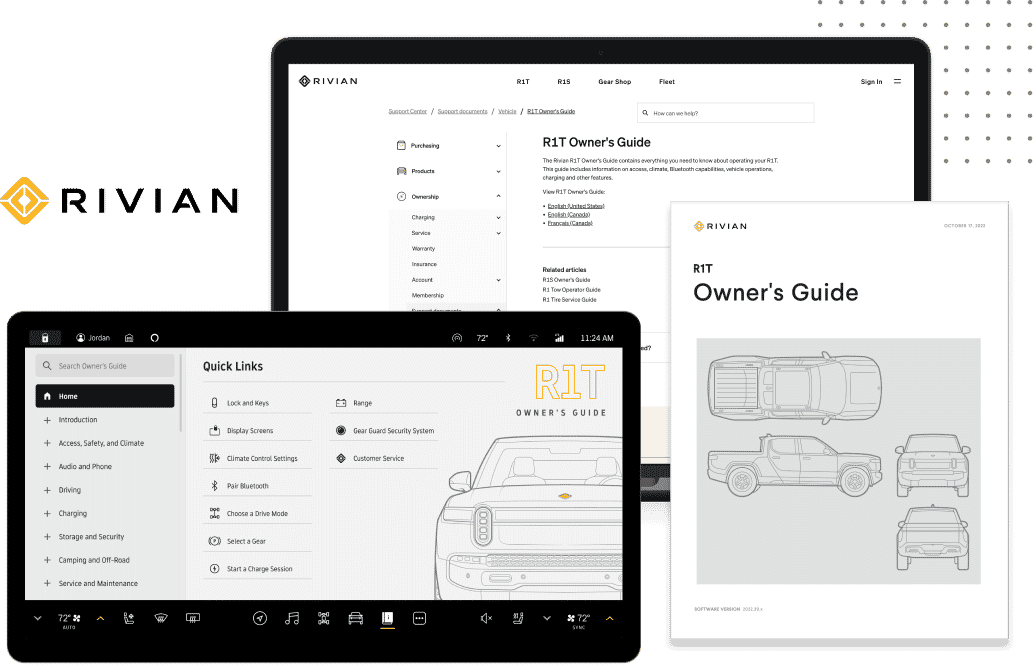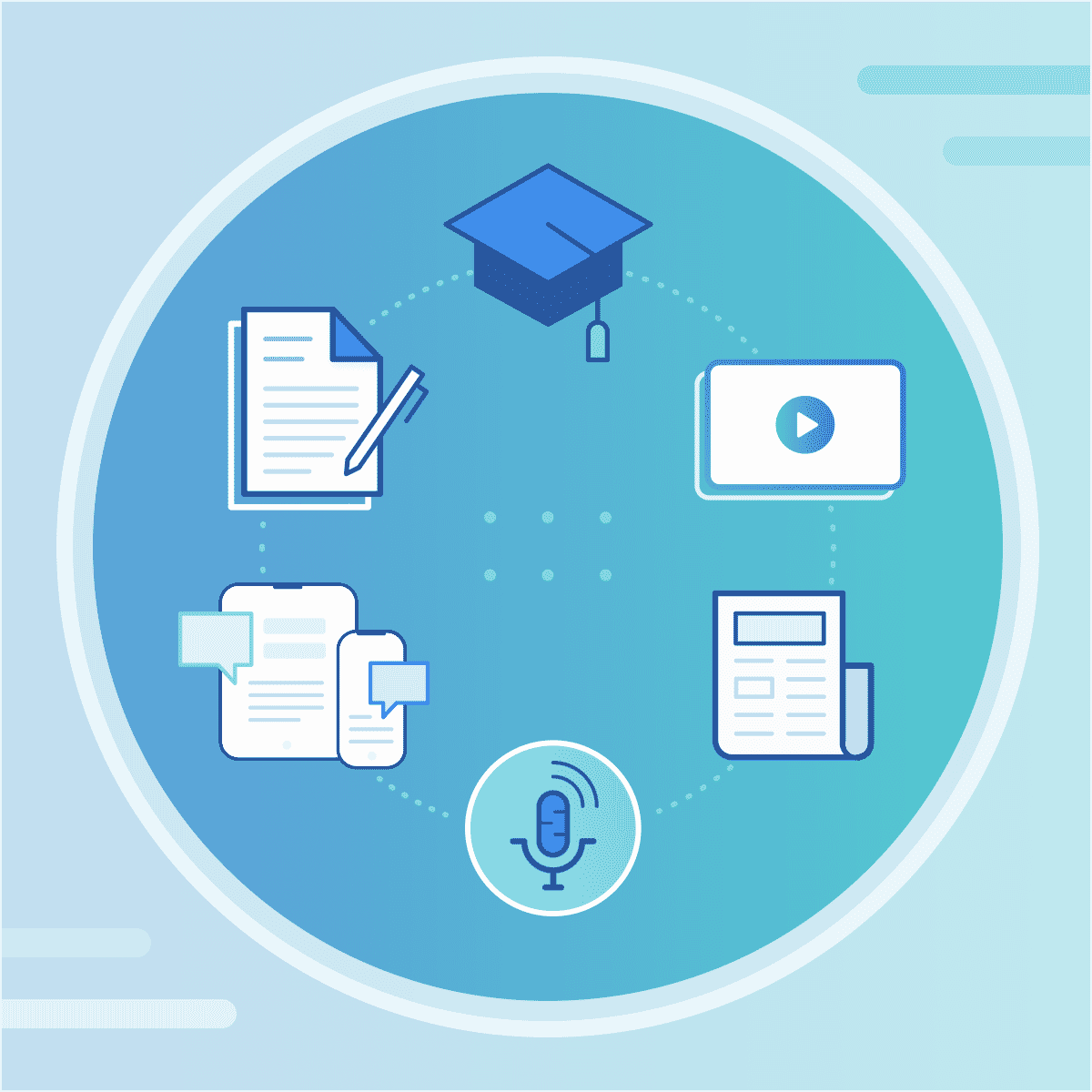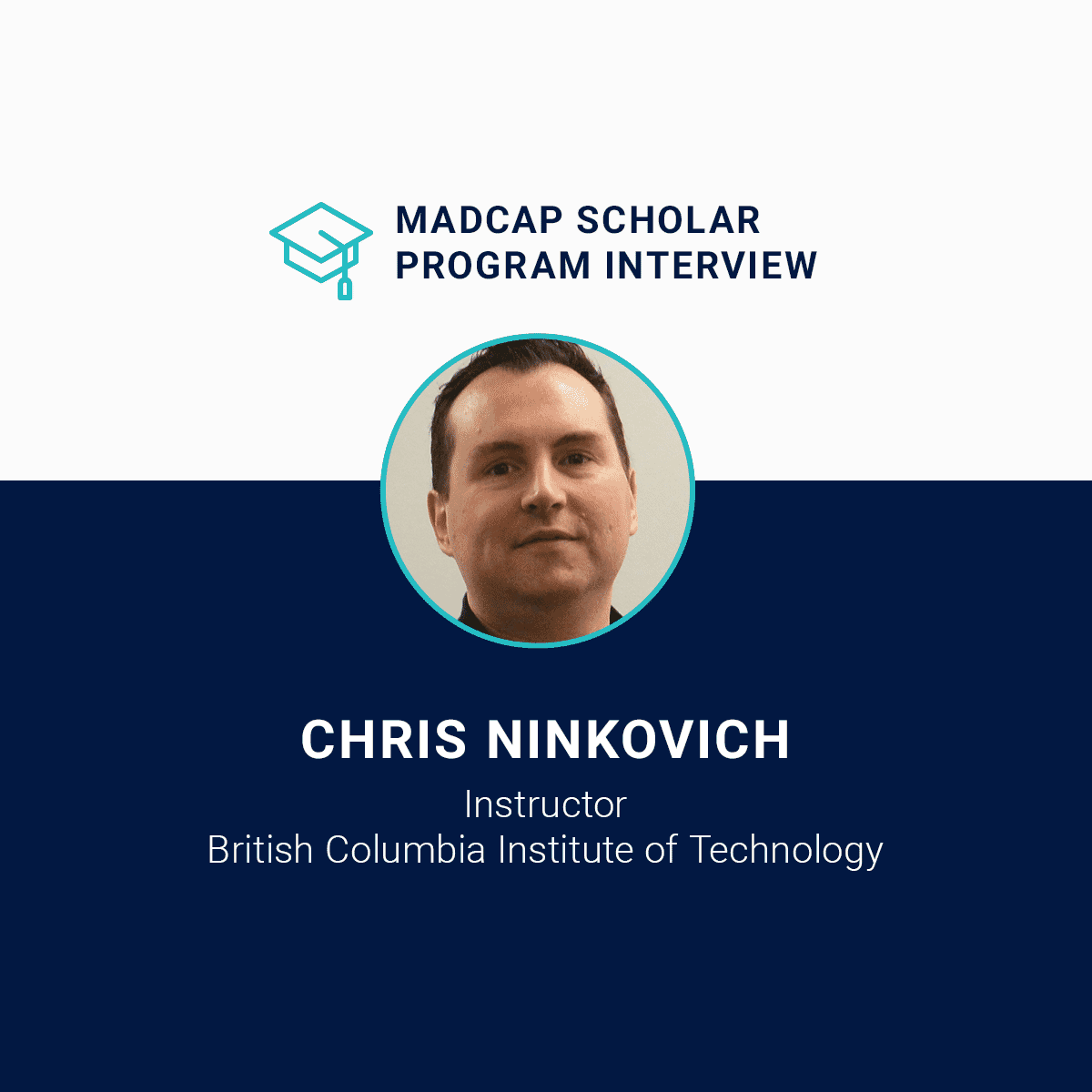So you're wondering how to become a technical writer, but you're not sure how to go about it. Well, there isn't just one way to get into the technical writing field. I'll give you some tips on how to get into technical writing and sharpen your technical knowledge and creative writing skill that I hope will help, regardless of the professional writing career path you take.
College Education
First of all, college education helps when it comes to most career paths, and technical documentation and professional writing is no exception. Most companies looking to hire a technical writer or technical communicator require at least a bachelor’s degree. Some might require an aspiring technical writer to have a master’s, or even additional technical knowledge in a specific industry.
There are a lot more educational institutions offering degree programs in technical writing than when I started back in the '90s. I could list several of them here, but they're easy to find by doing a simple Google search.
You don't necessarily need a college degree in technical writing to become a good technical author, though. Some companies might just require a degree in writing or a related field-such as English or journalism-while others look for computer science knowledge or experience in other technical fields. Not all companies are the same and the job description for a technical writing position can vary. Some may also allow you to work for them after simply completing a technical writing course.
In fact, you might be able to get your foot in the technical writing door by having a degree in something else altogether. The truth is that technical writers and subject matter experts alike can come from a wide variety of backgrounds and work in many kinds of industries.
Books
In addition to higher-level education, there is no shortage of books on technical writing. A lot of smart, experienced people with excellent writing skills have spent years becoming experts in the field of technical writing. Some of them have also written many good books, sharing their knowledge and experience in the technical field. Take advantage of those books as much as you can. They likely will help you accelerate your career as a technical communicator, avoid common mistakes, and become a better technical author with excellent technical writing skills.
Again, I’m not going to list a lot of books here. The internet makes it really easy to find the best ones and read the reviews. Those of us who started in technical writing decades ago didn’t have the number of resources that new technical writers have today. So use all the resources and technical writing examples you can. I would!
Learn the Tools and Other Requirements
When you start applying for technical writing jobs, you’re going to find that employers are looking for a specific set of knowledge and experience. If they list certain software tools or eLearning authoring tools, languages, etc. as requirements, they mean it. Take a look at various job postings, and you might see that the same requirements make an appearance time and time again. So it would increase your chances of getting an interview for a technical writing job opportunity if you take the time to learn about those things.
In my early years as a technical writer, I noticed a lot of job postings requiring experience with Adobe FrameMaker. Well, I didn't know anything about FrameMaker. Nothing. But I wanted to know how to become a good technical writer as well as a subject matter expert in this specific discipline and I knew that if I wanted a chance at any of those technical writer jobs, I would need to educate myself. So that's what I did.
I got my hands on a copy of FrameMaker and spent a lot of time and energy teaching myself how to use it, to the point where I had a level of comfort, could talk about it at least somewhat intelligently and was able to produce technical content with it. As a result of those efforts, I was able to land one of those technical writing contracts.
Most software companies let you download trial versions of their software. That’s the case with MadCap Software products. So even if you don’t have the money to buy a copy for yourself right now, you can get a trial version of MadCap Flare (or one of MadCap Software’s other products) and build that technical skill quickly in a short amount of time. MadCap Software’s website also has extremely valuable resources where you can find answers to questions like “what is technical writing?” and other topics that a tech writer would benefit from reading.
Also, if you attend a college or university that offers a technical writing degree, check to see which software tools they highlight in their courses. MadCap Software has relationships with many different higher-level institutions around the world, so if you pursue a degree at one of them, you should have the opportunity to learn all about Flare.
Writing Samples
Be prepared to provide prospective employers with a variety of writing samples. That story I just told about FrameMaker? I created some outputs from it to share with companies.
Employers want to know that you can write well, that you know your way around certain software products, and that you can produce great output in terms of your technical communication.
So even if you created some simple PDF output from Word and you’re worried it doesn’t have a lot of “bells and whistles,” that sample technical document can still be quite useful from a prospective employer’s point of view. A hiring manager can see your writing style especially if given complex technical information, as well as whether you are careful or sloppy, concise or wordy.
If the job description mentions writing effective technical documentation, you probably also want to share some samples of that with the employer such as an instruction manual, user guide, or any technical document that you've authored. It doesn't necessarily need to be a mammoth-sized sample. Nobody reviewing your application for a technical writer job is going to read all of the content you provide. Most likely, they're going to scan it and read parts of it. But by providing something dynamic like a Help system that contains links and other effects, you're demonstrating what you are capable of accomplishing in terms of a technical concept.
Short-Term Contracts
When you’re first starting out, consider applying for short-term contracts as one of the technical staff. In my first year as a technical writer, I worked for a company that farmed out technical writing services to various companies. As a result, I was working on projects anywhere from a couple of days to just a month or two.
Before I knew it, I had compiled a more robust resume, showing that I completed a variety of projects in many different industries and became a subject matter expert in some fields. It showed that I was versatile and had at least a little experience in many areas.
Internship
Are you having trouble getting an interview from any company? Everyone has been there. It's not easy, even if you are a good technical writer.
One possible way to help create opportunities for yourself is to approach companies about an unpaid internship to acquire experience and develop your tech writing skills. I know that might not sound too attractive—not being paid—but remember to think of this as a long-term investment in your career. Also, you could commit to the internship on just a short-term, part-time basis.
If it goes well, you will have gained real-world experience that you didn’t have before, strengthened your technical communication skills, and will have something to add to your resume. And if it goes really well, the potential employer might just recognize that you’re valuable enough to hire full-time.
Be a Good Person
Something that I think is often overlooked by most people looking for a job is to just be a good person. Be humble, grateful, pleasant, all those things.
After all, you might find yourself spending more time with co-workers than with members of your own family. Plus, everyone wants to work with people that they like and who are just pleasant to be around.
So, if I'm interviewing for a new tech writer and it comes down to two people who are neck-and-neck, but one seems much nicer than the other, guess who I'm going with?
Conclusion
There are many paths to becoming a successful technical writer. However, you can make the journey easier by making sure you are well prepared. This can mean formal education, reading the right books, familiarizing yourself with some technical and complex information, even teaching yourself how to use the software, and having good technical authoring samples available. Be flexible to help get your foot in the door, perhaps by taking on short-term contracts or even an unpaid internship. Essentially, you want to convey that you're a good person to work with, you've got what it takes, and you're willing to work hard. And be patient and persistent. You'll get there!
Editor's Note: Originally published on February 3, 2021, and updated on October 4, 2021, then updated again on June 6, 2022.











